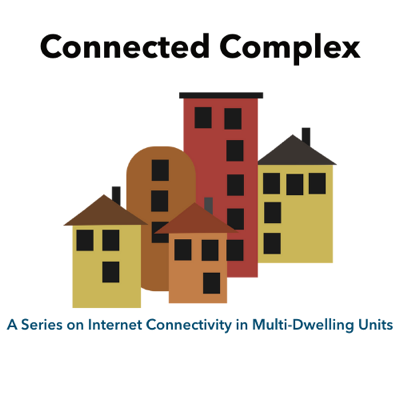Fidium Moves to Undermine Arrowsic Municipal Fiber Network After Ignoring Maine Town for Years
After years of neglect by regional broadband giants, five years ago the town of Arrowsic, Maine decided to build their own broadband network on the back of federal grants and loans.
Now regional broadband provider Fidium has targeted the small town of 477 with broadband expansion, after previously rejecting calls for better, more affordable service.
Critics say Fidium’s goal isn’t honest competition, but a bid to try to put the popular local municipal broadband network on shaky financial ground.
We first wrote about Arrowsic back in February of 2020, shortly after Governor Janet Mills announced that the town would be building its own fiber network after decades of frustration with spotty, expensive, or nonexistent service from large telecom giants like Consolidated Communications, which recently fully rebranded as Fidium.
The project was a partnership between a new Arrowsic Broadband Authority (ABA) and Axiom Technologies, heavily driven by a combined $1.2 million in grant and loan funding from the USDA's ReConnect Pilot Program. The goal: connect 237 households, 20 businesses, and four farms with symmetrical fiber optic service of up to 100 megabits per second (Mbps).




